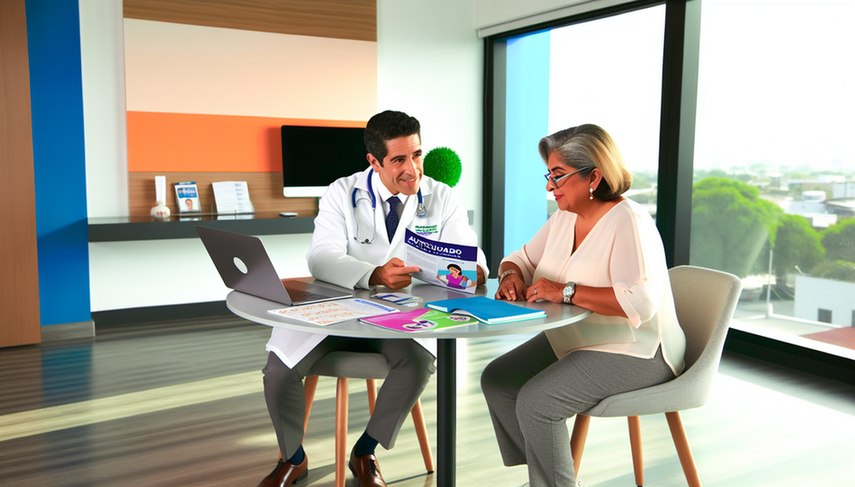Patient Education and Self-Care: Effective Strategies to Reduce Follow-Up Time in Clinical Practice

Patient education and self-care are essential components of modern healthcare, not only to improve health outcomes but also to optimize the use of clinical resources. In a setting where consultation time is limited, providing clear instructions and promoting self-care can significantly reduce the necessary follow-up time, allowing physicians to efficiently attend to more patients.
Diving Deeper into Patient Education and Self-Care
The implementation of patient education programs has proven effective in various areas of medicine. For instance, a study on mindfulness meditation in patients with migraines showed that, while it did not reduce the frequency of migraines more than headache education, it significantly improved patients' quality of life and self-efficacy. This suggests that education can alter pain perception and enhance disease management.
In the realm of diabetes, self-management education has been shown to improve self-efficacy and reduce the use of medications and healthcare services. These programs not only educate patients about their condition but also equip them with tools to manage their health more autonomously.
Furthermore, the integration of patient navigators in hospital programs has demonstrated a significant reduction in readmission rates, underscoring the importance of education and personalized follow-up in improving health outcomes.
Conclusions
Evidence suggests that patient education and self-care are effective strategies to reduce follow-up time in clinical practice. By empowering patients with clear instructions and promoting self-care, physicians can enhance the efficiency of their practices and improve their patients' quality of life. The implementation of well-structured educational programs and the use of modern technologies can be key to achieving these goals.
Referencias
- [1] Effectiveness of Mindfulness Meditation vs Headache Education for Adults With Migraine: A Randomized Clinical Trial
- [2] Efficacy of a self-management education programme on patients with type 2 diabetes in primary care: A randomised controlled trial
- [3] Implementation of a Patient Navigator Program to Reduce 30-day Heart Failure Readmission Rate
Created 23/1/2025
